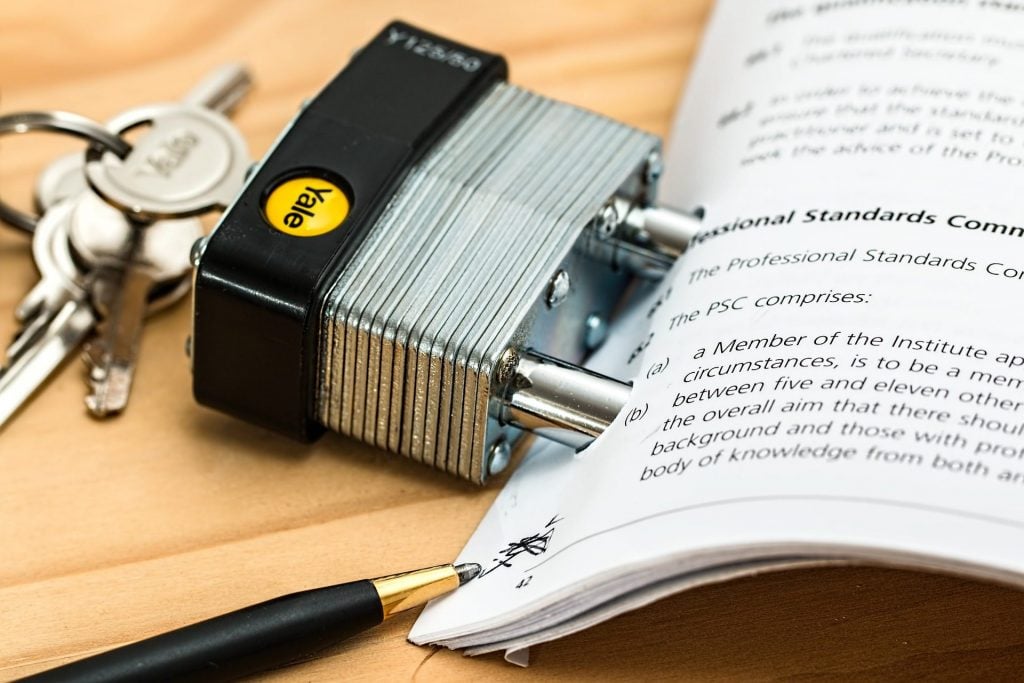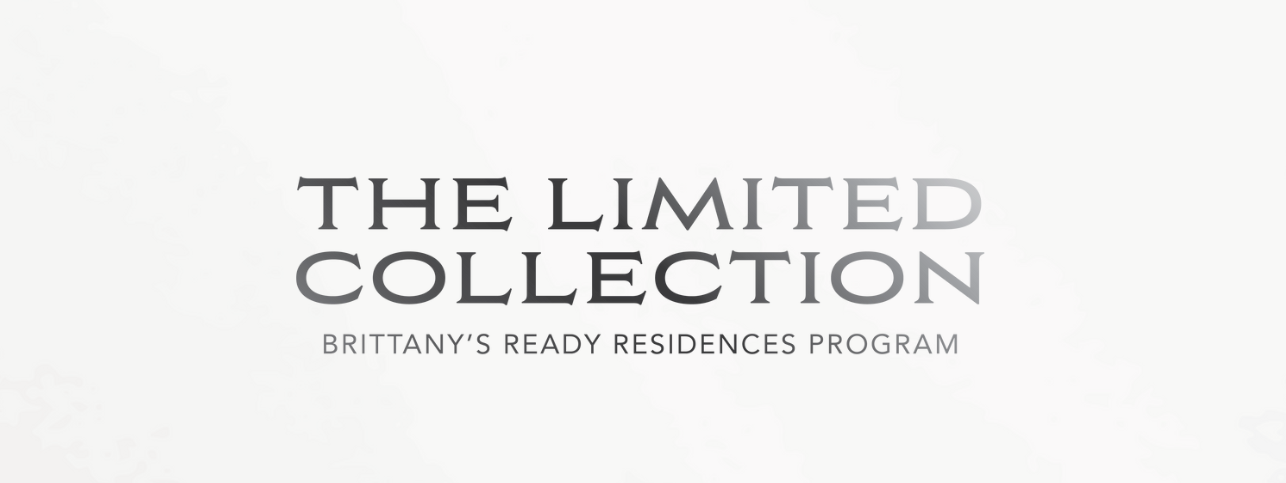BLOGS
Liens and Encumbrances Attached To Property
Everyone wants to experience world-class living in their homes. But when you are reviewing your seller’s Deed of Sale, you may notice the unfamiliar terms “free from any liens and encumbrances.” You need to have thorough knowledge when it comes to buying your next home, especially when it is a luxury real estate, such as a luxury home from Brittany Corporation.
If you are buying a house and lot for sale and there are liens and encumbrances on the title, read on to learn the difference between these two.
What is the Difference Between Liens and Encumbrances?
While these two terms are coined together, they have different uses. Liens are monetary claims against real or personal property to secure payment, such as a settlement of the obligation. Encumbrance, on the other hand, is broader and refers to any claim against a property. This means that any lien is considered an encumbrance, but not all encumbrances are considered liens to secure payments.
A common lien or encumbrance attached to the property is a mortgage lien. In case the debtor or the previous owner failed to settle his debt, the mortgage constituted on the land may be foreclosed even if the land title is transferred to a new owner. Thus, the transferee must respect the terms and the existing encumbrances or liens in the registered real estate leases.
You will see the liens and encumbrances affected on the land on the transfer certificate of title issued by the Land Registration Authority.

But there are also liens and encumbrances registered without the consent of the landowner. That’s why you may notice that the owner’s duplicate copy does not include all registered liens and encumbrances affecting the land.
Foreign nationals and corporations are not exempted from being subject to liens and encumbrances on their property. Foreign nationals who bought luxury real estate or personal property are also subject to liens and encumbrances attached, annotated, or registered to them.
Other liens can also be found on contractual restrictions agreed upon by property owners. These contractual restrictions also bind the new owner of the land.
What is a Lien?
A lien is a legal claim or legal right granted by the property owner, by law, or by a creditor. It serves as a guarantee for any obligation, such as repayment of loan. The creditor may seize the asset subject of the lien if the obligation is not fulfilled or settled.
Liens are limited to any financial interest, and they may come from a lawsuit initiated by the creditor, where the court will give the creditor the right to seize and sell real property or personal property to satisfy any outstanding debt.
A common example of a lien is when one party fails to pay his car loan for several periods, the financing company may repossess his car and sell the car to satisfy the debt. Another example can include the right of the creditor to attach funds to the debtor’s bank account.
What are the Types of Liens?
Creditors seize the assets of the debtor and take their wealth. There are various liens that can be put in the government, financial institutions, and small businesses.
Voluntary lien
Consensual or voluntary liens are liens you consented to, such as loans or advance credit. A common type of voluntary lien is a residential mortgage. If you own a luxury home, you may take a security interest in your home from your bank when you obtain a mortgage. A security interest is also significant when a car dealer arranges financing for a car buyer. There are two types of consensual liens:
- Purchase-Money Security Interest Lien. This lien applies when the creditor extends credit to the debtor for buying a specific property that will secure the debt. These include car loans or luxury home mortgages.
- Non-Purchase Money Security Interest Lien. The security interest created in this lien is when the debtor puts up his property as collateral to secure a loan.
Statutory liens
A statutory lien is a lien created by operation of law that doesn’t require a security interest with the debtor. The most common statutory lien is a tax lien and mechanic’s lien.
Tax Lien
A tax lien is a statutory lien attached by taxing agencies. Tax liens allow the taxing authority to attach a lien to real property – such as residential real estate or commercial real estate – or personal property to a delinquent taxpayer.

Judgment Lien or Judicial Lien
A judgment lien or judicial lien is a lien obtained through a legal or equitable process issued, whereby the court where the creditor is given the legal right to seize or retain possession of the debtor’s real estate or personal property. Judgment liens are considered to be the most dangerous form of lien.
Maritime Lien
A maritime lien is a non-possessory right of a lien holder over the ship, where he can claim ownership of the ship if the ship owner does not compensate them in case they fail to perform services or any other obligation in the contract.
What is an Encumbrance?
Encumbrance is a claim against any interest in the property that limits how a property owner can use the property. Encumbrances prevent the transfer of the property and restrict the owner of its free use.
As mentioned earlier, encumbrances are not limited to monetary claims. It includes restrictions on the use of a personal or real property.
What are the Types of Encumbrances?
Here are examples of other encumbrances:
Easements
An easement is a real estate concept where a person uses the property of another, where the person using shall pay the owner for the right of easement.
Easements are purchased by a utility company for building telephone lines or water pipes below a private property.
Deed Restrictions
Deed restrictions, also referred to as restrictive covenants, define and limit how a property should be used. Luxury real estate properties with deed restrictions limit what you can put up in the yard, what you can build, and if you are allowed to run a business.
Encroachment
Encroachment arises when another person, such as your neighbor, builds something on your property. Encroachment will hurt your property value and may cause problems as to who owns the property.
What Does “Free from Liens and Encumbrances” Mean?
Having a “free and clear” or clear title means that the property held has no lien or other legal interest attached to it. This means that a homebuyer must pay the mortgage and there should be no outstanding liens on the home.

Why Do I Need to Know Any Existing Liens and Encumbrances as a Property Owner?
You need to know if your property has existing liens and encumbrances as this will affect your finances. A property with a lien or encumbrance may prevent you from fully owning and occupying the property. For instance, when there is a title search and the title on your property has liens or encumbrances, it means that another person has a claim on that property.
That’s why when you’re looking for a house and lot for sale, talk to the real estate agent first and do a title search to check if there are any liens or encumbrances, whether permanently attached or not. Brittany Corporation, for instance, has real estate brokers who can help you identify any liens and encumbrances in your luxury real estate.
Key Takeaways
Now that you know the types of liens and encumbrances, it’s time for your next world-class Brittany living experience with Brittany Corporation! You’ll see beautiful Brittany homes and house and lot for sale fairly priced to meet your expectations. To know more about Brittany and what Brittany living feels like, check our website, LinkedIn, and Youtube for news and other latest updates.
Suggested Read: Why Southern Living In Manila Is Your Next Big Investment
Suggested Read: How To Ensure That Your Land Title Is Real And Clean
Suggested Read: Different Types Of Houses And Lots In The Philippines
Suggested Read: This Summer’s Best International Flight Deals
Suggested Read: Tips On Buying A Lot Only Property















